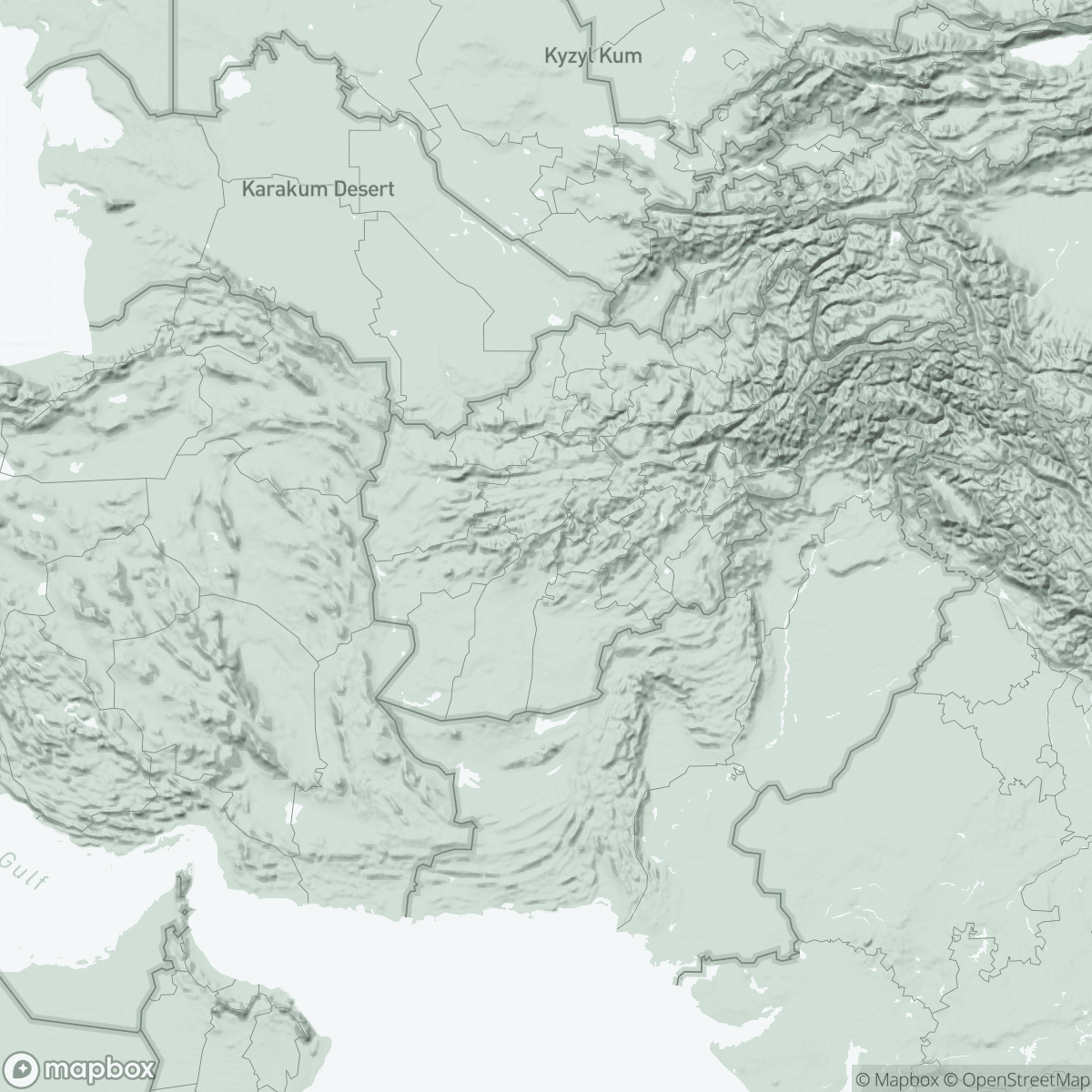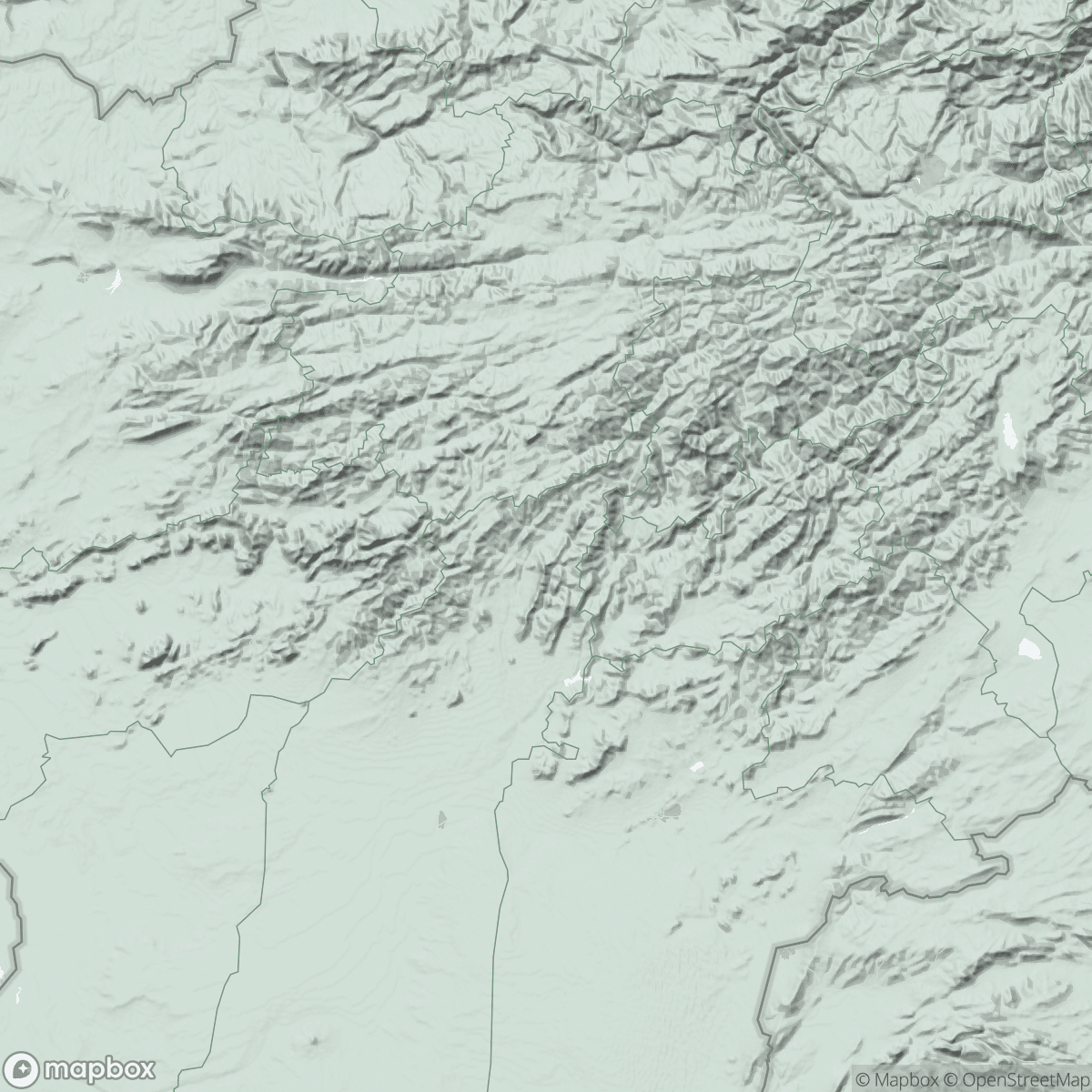Bringing health care to Afghanistan’s remote Bamyan province
In 1 click, help us spread this information :
In 2022, Médecins Sans Frontières (MSF) built eight clinics in the districts of Yakawalang, Saighan, and Shibar, located in the mountainous province of Bamyan, Afghanistan. These facilities provide approximately 22,000 people with free access to basic healthcare services. The region suffers from extremely limited access to healthcare, especially during the winter, when snow hinders travel and roads are not maintained.
The centers offer basic medical consultations as well as maternal and child healthcare.

At nine months pregnant, Moslima rode her family’s donkey through valleys and mountain passes for more than three hours. Accompanied by her mother and husband, she arrived at a small clinic, located in Baghak, a remote village tucked away in the central highlands of Afghanistan, in the early hours of the morning to deliver her baby.
Before this clinic was built, we used to give birth at home,” says Moslima, who has three other children. “We didn’t have access to midwives or even vaccines.”
At each of the MSF-supported facilities, a nurse and midwife team offer general outpatient services, maternal and child health consultations, and routine vaccinations. They also help women with uncomplicated pregnancies and assist in labor so they can deliver their babies in a safe environment.
“We came here because we heard that giving birth assisted by a midwife is good for the baby’s and the mother’s health,” says Moslima. “During previous births, I didn’t feel well after the deliveries. But now I feel healthy.”
People living in these areas often struggle to pay for transportation to reach health facilities located many hours away from their homes. Or they are simply not able to reach health services in time." MSF project coordinator Fathema Mansoorally
Since 2022, more than 400 women have given birth safely in the eight clinics.
During that time, health staff have provided more than 80,000 outpatient consultations and more than 8,500 prenatal and postnatal consultations, while referring more than 100 women with complicated pregnancies for specialized care.
People living in these areas often struggle to pay for transportation to reach health facilities located many hours away from their homes,” says MSF project coordinator Fathema Mansoorally.
“Or they are simply not able to reach health services in time.” That was the case for Roqia Hussaini, who lives in a small village in the Band-e-Amir valley.
Travel in the region can be difficult, as roads are poorly maintained and community members have to pitch in themselves with shovels to clear the roads after heavy snowfall.
During winter and spring, snow and mud make it very difficult to reach Bamyan,” says Sayed. “Sometimes we even had to spend the night on the way because the car would get stuck in the mud or snow.”
Sayed says that before the clinic opened, he had to pay 2,000 afghanis ($28) to hire a private taxi to travel to Bamyan Provincial Hospital every time he or his family members became sick. As a seasonal worker, these travel costs were unaffordable.
“There’s no work during the winter,” says Sayed. “We work in the summer to cover our winter expenses, but often it’s not enough.”
MSF built eight clinics in the Yakawalang 1, Saighan, and Shibar districts of Bamyan province in 2022, and provides financial support, medical and non-medical supplies, and training to ensure continued operation of the facilities. MSF also supports human resources in the maternity waiting area of Bamyan Provincial Hospital to increase timely access to health care for pregnant women with complicated or high-risk pregnancies.
Masoma, the midwife for the village clinic in Baghak, received enhanced midwifery training at MSF’s Khost Maternity Hospital and feels increasingly confident in her skills as a midwife. For cases beyond her expertise, Masoma calls the MSF midwife supervisor based in Bamyan city and, when needed, refers women with complicated pregnancies or labors to Bamyan Provincial Hospital—a three-hour drive over poor roads.
After I came back from Khost, like our people say, my heart became stronger—I became better,” says Masoma, recalling how she successfully treated two pregnant women for pre-eclampsia by herself in the clinic.
“It was flooding at the time—the roads were closed,” says Masoma. “It was not possible to go to Bamyan, so I dealt with them myself, and I didn’t have to refer the patients.” Both women recovered and were able to go home without further treatment.
In 2024, medical teams across all eight facilities provided 57,171 outpatient consultations, gave 5,165 doses of routine vaccinations, provided 4,530 gynecological consultations, and assisted 155 deliveries. MSF also supports human resources in the maternity waiting area of Bamyan Provincial Hospital to increase timely access to health care for pregnant women with complicated or high-risk pregnancies.
In 2024, MSF also provided support in the form of human resources and medical supply donations to Bamyan provincial hospital in response to a surge in measles cases and an outbreak of acute watery diarrhea.








